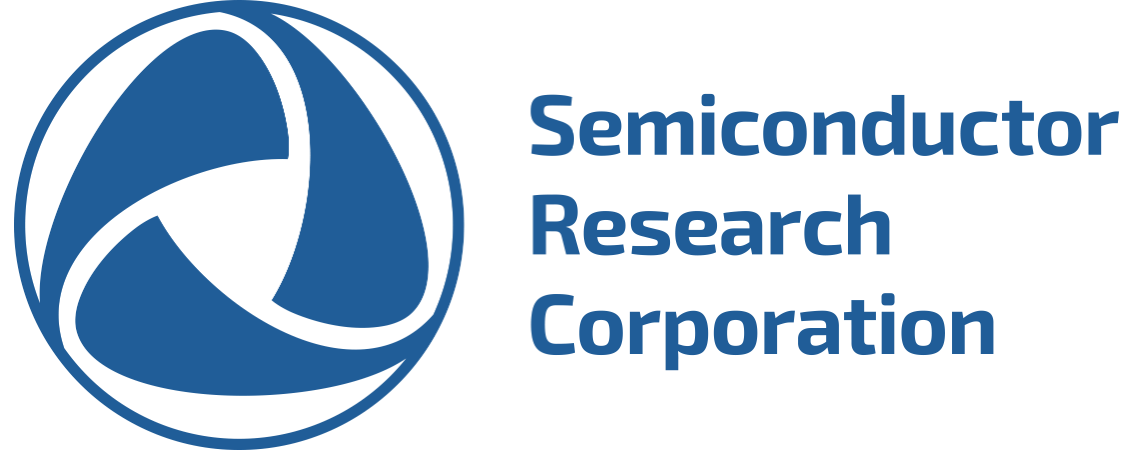Abstract: CMOS++: Ultra Low Power Circuits for Life Science Applications
Ken Shepard
Electrical Engineering & Biomedical Engineering
Columbia University
Integrated circuits based on complementary metal-oxide-semiconductor (CMOS) technology have been the engine of the revolution in computation and communication experienced over the last 40 years. Advanced integration of electronics enables the pervasiveness of CMOS to extend into biomedical devices. The simple application of device scaling enables ultra-low-power systems and new capabilities such as terahertz imaging and body-area networking. More compelling, however, are applications that push the envelope of biotic/abiotic interfaces, requiring the synergistic interaction of biophysics and integrated circuit design. Applications here including biomolecular sensing, cell and tissue sensing and actuation, and hybrid biological-solid-state systems.


